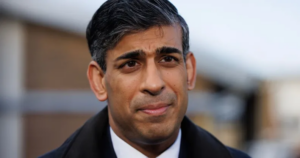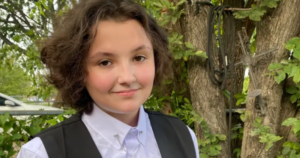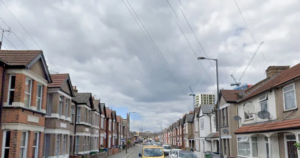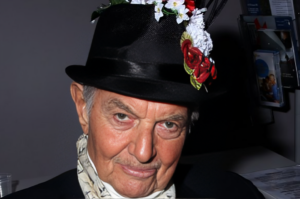In a powerful display of solidarity and resilience, LGBTQ individuals and their allies took to the streets of Budapest for the annual Pride event, using the occasion to voice their frustration over Hungary's recent implementation of a law that severely limits the rights of sexual minorities.
Organized by Jojo Majercsik, the Pride event aimed to draw attention to the controversial Child Protection Act, which has been increasingly used to impose fines and penalties on those sharing LGBTQ content in Hungary. Majercsik noted that the law, passed two years ago, is now being applied in practice, fueling public anger and intensifying the struggle for LGBTQ rights.
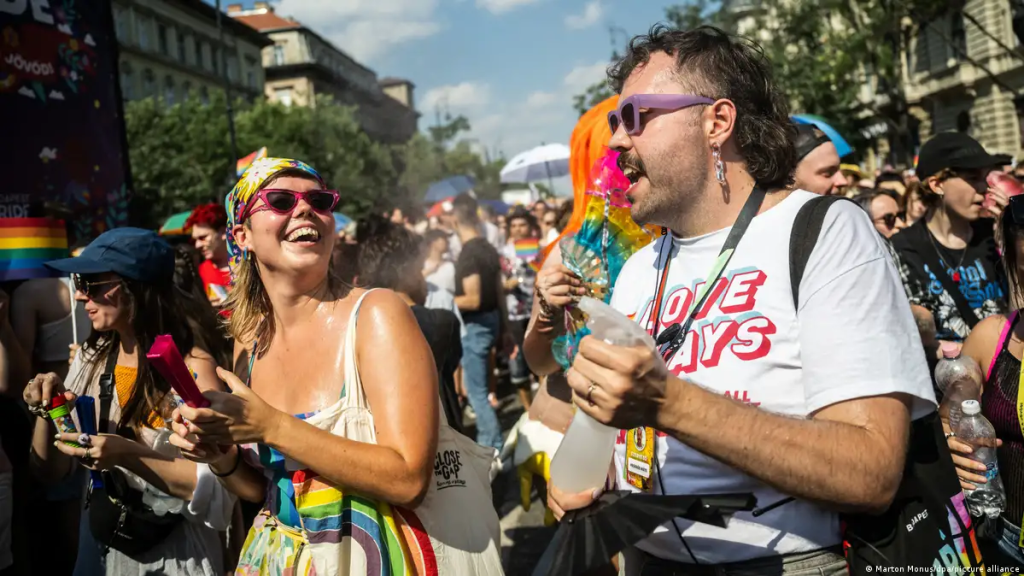
Prior to the march, 38 embassies, including the United States and Germany, released a joint statement urging Prime Minister Viktor Orban's government to halt discriminatory legislation and safeguard the rights of the LGBTQ community. Diplomats from various nations, including the US ambassador, participated in the march. Additionally, the European Commission took Hungary to the European Court of Justice last year in an effort to reverse the law restricting access to LGBTQ information.
Despite international pressure, the Hungarian government, which prides itself on promoting a Christian-conservative agenda and traditional family values, has intensified its enforcement of the law. Recently, a national bookseller was fined a substantial amount for displaying Alice Oseman's popular LGBTQ graphic novel, “Heartstopper,” without the required closed packaging in the youth section.
On the occasion of the 28th #BudapestPrideFestival, 49 signatory embassies, including Germany and cultural institutes expressed their full support for the members of the #LGBTQI+ community in #Hungary in a joint statement. Find the statement here 👇https://t.co/t7Ap8DunGX pic.twitter.com/Lx1ckkxdr0
— Julia Gross (@GERinHUN) July 14, 2023
The discriminatory law has even impacted TV promotions for the Pride march, as they were deemed unsuitable for audiences under 18. As a result, Hungary's media authorities banned their broadcast, with only a limited airing permitted between 10 p.m. and 5 a.m. Many channels chose not to take the risk at all.
Majercsik expressed concern about the government's attempts to restrict the rights of LGBTQ individuals in various forms of media, including movies, films, and books. These actions highlight the growing challenges faced by the community in Hungary.
During the march, participants proudly waved rainbow flags, danced, and cheered as they traversed the streets of Budapest. Gergely Varga, a makeup artist in his 30s who joined the march, shared his perspective, stating that while the Pride movement should epitomize freedom of expression, acceptance, and equality, being openly gay is not as widely embraced in Hungary as it is in Western countries.
David Vig, director at Amnesty International Hungary, emphasized that unlike Pride events in happier parts of the world where LGBTQ history and culture are celebrated, Budapest Pride serves as a demonstration for human rights, symbolizing the community's resistance against the increasing curtailment of their rights.
The Pride march in Budapest stands as a testament to the unwavering spirit of the LGBTQ community and their allies, who persist in their fight for equality, acceptance, and freedom of expression.
Author
-

the world's first and only daily LGBTQ+ evening news show. This program features a variety of hosts and guests who discuss the latest news and events related to the LGBTQ+ community. Queer News Tonight covers topics ranging from politics and entertainment to health and social issues, providing a comprehensive look at what's happening in the LGBTQ+ world.












